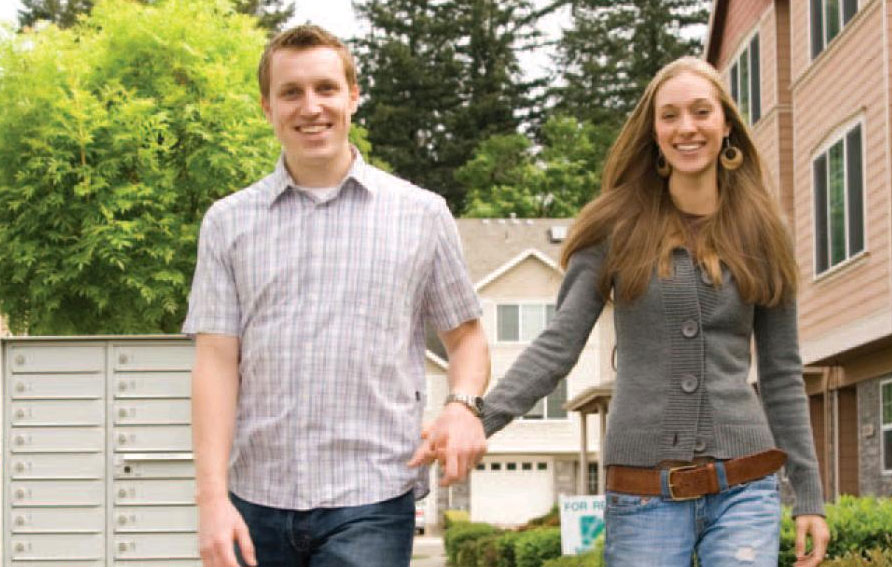If everyone lived like we do in Vancouver, it would take four planets to sustain us. The city’s EcoDensity initiative may be the solution
Sun

People living in the city core own fewer cars than those in suburban neighbourhoods and are therefore likely to get more exercise

Vancouverites can be proud that we’ve made some progress to contain our ecological footprint, while making Vancouver very livable. Vancouver has grown rapidly, but we’ve absorbed much of this growth by developing mixed income and inclusive communities where lots of people live close together within walking distance of schools, grocery stores, shops, services and transit. We’ve reclaimed much of the waterfront for public access, and have built new parks right downtown, with more to come.
Vancouver has long enjoyed the status as one of the world’s most livable cities. But despite this reputation, the fact is our city has a large ecological footprint. If everyone lived like we do in Vancouver, it would take four planets to sustain us.
Today our city faces three important challenges: how to continue to grow in a way that is sustainable and reduces the city’s ecological footprint; how to grow in a way that maintains our livability; and how to grow in a way that improves opportunities to create more affordable types of housing.
Part of the City of Vancouver‘s response to these challenges is an initiative called EcoDensity. The program is designed to create greater density throughout the city, and do it in a way that lowers our impact on the environment; ensures the necessary physical and social amenities; and supports new and different housing types as a way to promote more affordability.
Single-family dwellings still take up almost half the land area in Vancouver. In fact, only 11 per cent of the city’s land area is currently used for multiple-unit dwellings.
Consequently, EcoDensity will explore increasing density in a variety of contexts across the city (ie: in lower density areas; along transit routes and station areas; and in neighbourhood centres). The key will be to support density that is high quality, attractive, energy efficient, and respects neighbourhood character, while also lowering our footprint.
EcoDensity will mean altering some City policies, bylaws, incentives and zoning to reduce barriers and promote ideas that create sustainability.
EcoDensity will help ensure developments that are rare or difficult to achieve today, become commonplace in Vancouver in the years to come. It will build on the successes already achieved in some major developments and neighbourhood centres in Vancouver.
On Tuesday Mayor Sam Sullivan welcomed delegates from across the province to Vancouver for the annual Union of British Columbia Municipalities (UBCM) convention. The theme of this year’s convention is climate change.
“Through zoning and building regulations, municipal governments possess two of the most powerful tools in the battle to combat climate change,” said Mayor Sullivan. “I look forward to spending time with other BC Mayors and Councillors to share ideas and compare best practices.”
“Strengthening Vancouver‘s reputation as an international leader in sustainable development is one of the five goals we have established for our government,” said Mayor Sullivan. “Through the introduction of green building standards, completion of the Millennium Line and development of EcoDensity to fight sprawl we will help the Province of British Columbia achieve their greenhouse gas emission targets.”
To learn more about the EcoDensity initiative, share ideas and solutions and get involved, visit the web site at Vancouver.ca/ecodensity.
© The Vancouver Sun 2007
